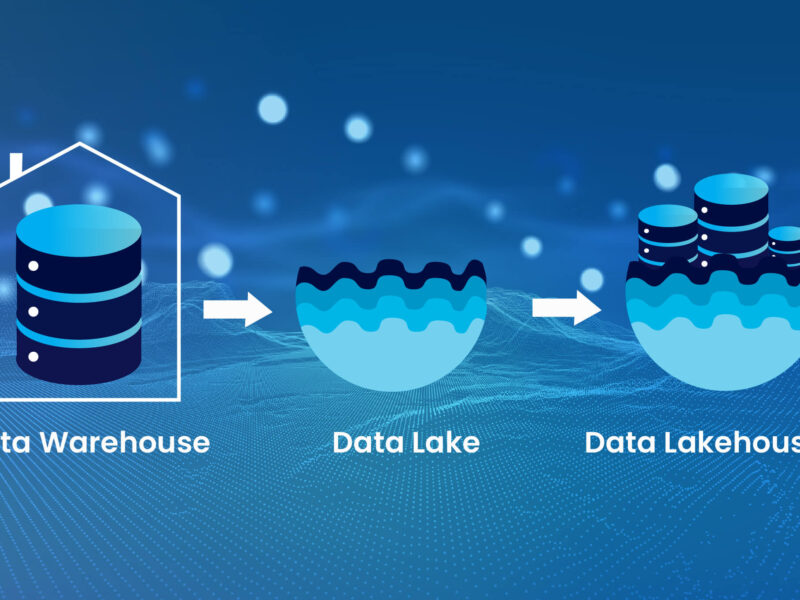In an era where technology reigns supreme and digital communication is the norm, the need to ensure the confidentiality and integrity of our secure message has taken center stage. The surge of instant messaging and virtual collaborations has ushered in unmatched convenience, but it has also exposed us to an array of potential threats. Enter secure messaging—a potent solution that not only shields us from risks but also empowers us to communicate confidently and securely in this digital age.
The prevalence of data breaches and cyberattacks has cast a spotlight on the significance of secure messaging. Conventional communication channels like emails and text messages are susceptible to interception, putting personal information, confidential data, and sensitive discussions in jeopardy. Secure messaging, however, introduces a layer of robust encryption, effectively transforming messages into complex code during transmission. This ensures that only authorized recipients can decipher and access the content, thwarting the efforts of malicious actors.
At the heart of secure messaging lies the concept of end-to-end encryption—a game-changer in the realm of digital communication. This cryptographic technique encrypts messages on the sender’s device and decrypts them only on the receiver’s end, leaving no room for intermediaries or hackers to eavesdrop. The result is a secure channel that allows for the exchange of sensitive information, private discussions, and confidential business negotiations while maintaining the utmost privacy and security.
Beyond the formidable encryption, secure messaging platforms often offer an array of supplementary security features that amplify their utility. Two-factor authentication (2FA) is a noteworthy example, providing an additional layer of defense by demanding a second piece of verification—such as a code sent to the user’s mobile device—in conjunction with their password. This dynamic duo ensures that even if a password is compromised, unauthorized access remains a distant possibility. Furthermore, features like message expiration and self-destructing messages enhance security by automatically erasing messages after a specified period, thereby mitigating the risk of data leakage.
For enterprises, secure messaging is more than a mere tool—it’s a critical component for adhering to data protection regulations. Stringent laws such as the General Data Protection Regulation (GDPR) and the Health Insurance Portability and Accountability Act (HIPAA) dictate meticulous data handling practices. Secure messaging not only assists organizations in meeting these requirements but also fosters trust among clients and partners by showcasing a commitment to safeguarding their sensitive information.
With the proliferation of remote work and the growing dependence on digital communication, cyber threats have assumed a more formidable form. Phishing attacks, malware intrusions, and social engineering tactics have evolved, leaving individuals and corporations susceptible to manipulation. Secure messaging emerges as a powerful countermeasure, affording a secure environment for sharing files, strategizing, and collaborating on projects without the looming shadow of compromise.
However, it is essential to recognize that while secure messaging is a robust defense, it is not impervious to all risks. Users must remain vigilant and practice impeccable security hygiene, including regular device and application updates, use of strong and distinct passwords, and a cautious approach to unfamiliar links or downloads.
In summation, the digital epoch has ushered in a new era of communication convenience, but it has equally introduced a host of security vulnerabilities. Secure message stands as a formidable solution, harnessing potent encryption methods, end-to-end protection, and supplementary security attributes. Whether for personal dialogues or professional collaborations, the benefits of secure messages resonate emphatically in our digital world. As we navigate this intricate landscape, prioritizing the security of our messages is non-negotiable, allowing us to uphold our privacy, shield sensitive data, and retain the trust of our communication counterparts.


